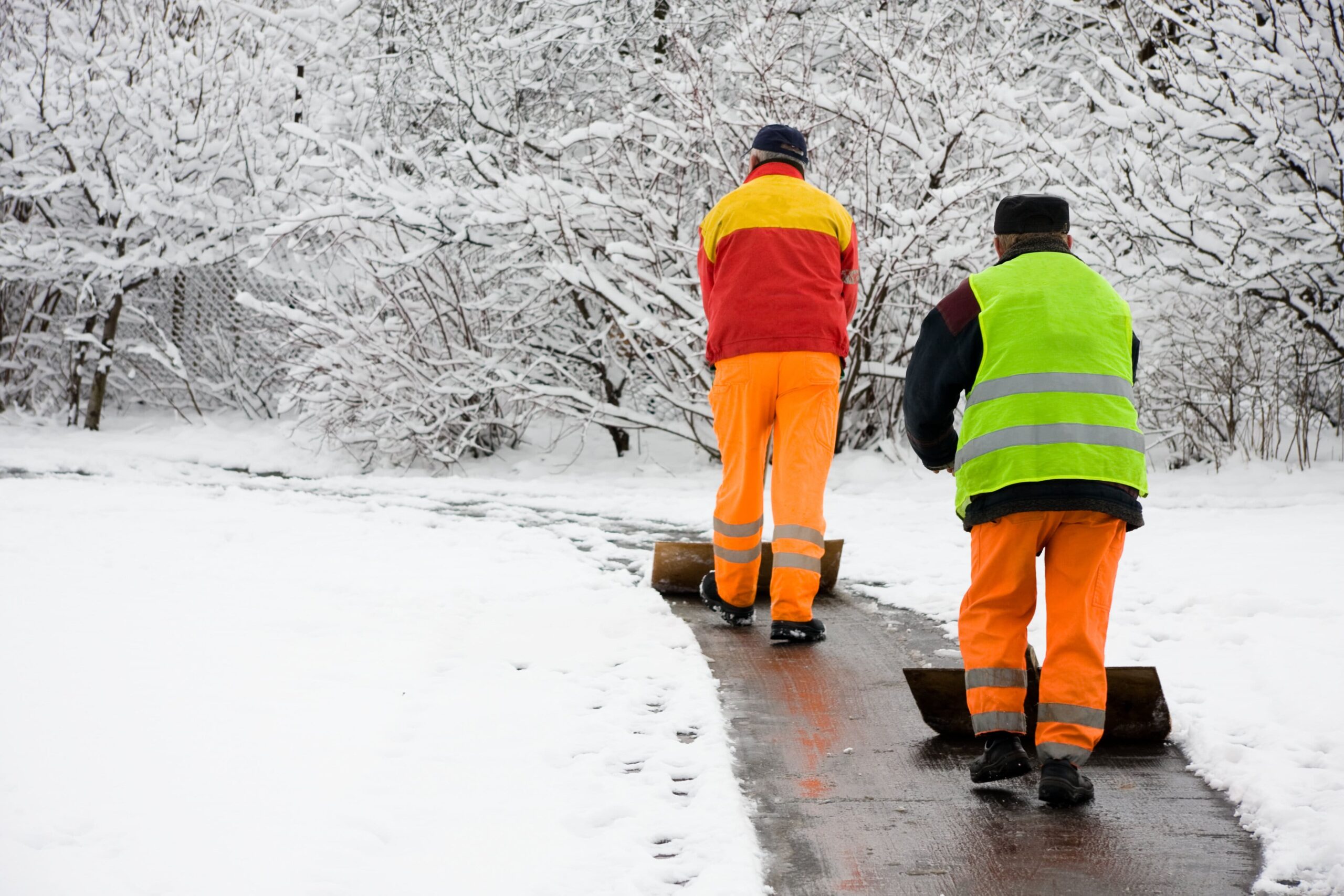
Heavy Rain, Flooding, and Chance of Severe Weather Staring Down the Southern U.S.
January 22, 2024
Posted: November 22, 2023 7:23 am





On cold winter days, your inclination may be to stay warm and cozy indoors. However, many outdoor professions require workers to be on the job regardless of how cold, icy or snowy it is. Whether you are a delivery driver, a construction worker, a professional athlete or another type of outdoor worker, such weather conditions can expose you to dangerous health issues. These include frostbite and hypothermia. Such conditions can send you to the hospital or can even have fatal consequences in some cases. What can you do to stay safe while working outside this winter?
Know the Warning Signs
Before you venture outdoors this winter, you should know what the warning signs are for hypothermia and frostbite. Hypothermia is a condition that develops from a significant drop in a person’s body temperature. The most common cause is prolonged exposure to very cold weather conditions. The warning signs of hypothermia include physical fatigue and drowsiness, severe shivering, slurred speech, confusion, memory loss and poor coordination.
Frostbite, on the other hand, occurs when the upper and middle layers of skin tissue freeze. Frostbite may occur in combination with hypothermia. Signs of frostbite include difficulty moving the fingers and toes as well as painful tingling or numbness on the skin. In addition, the skin may feel cold when touched, and it may become discolored. Severe hypothermia often results in purple or black discoloration.
Precautions for Working in Cold Weather
These winter weather safety concerns are serious. They may take you away from work and even land you in the hospital. Outdoor workers understandably need to take precautions to reduce their risk of hypothermia and frostbite. Simply monitoring the local forecast is a great starting point. By doing so, you can better prepare yourself for being outdoors each day. While the air temperature is understandably an important factor to pay attention to, wind speed and direction can increase your risk of developing an exposure-related condition.
A smart and effective way to prepare yourself for spending hours outdoors in winter weather conditions is to dress in layers. Doing so will help to keep your body temperature at a healthy level, and it can prevent skin exposure. In addition to layering with sweaters, coats and heavy pants, you should always wear earmuffs, gloves and a warm hat when you will be outdoors for an extended period of time in the winter.
If the forecast calls for icy precipitation or snow, you should pack an extra set or two of dry clothes. Likewise, if you plan to be trudging through the snow even on sunny days, you need to plan ahead for the likelihood of your clothes getting wet. If possible, choose waterproof clothing for those days when you need to work in wet, cold weather conditions.
Safety Tips While You Are on the Job
Preparing yourself for cold winter weather conditions is a great starting point, but your safety outdoors also depends on your actions during the workday. When possible, you should allocate time to take a break inside a warm shelter every hour. Whether you spend that time in a warm vehicle with the heater on or in a building, you should remain in the space until your body has warmed up.
You can also stay warmer on cold days by drinking warm tea, coffee or hot cocoa. These hot beverages will help you to maintain a higher core body temperature. They also have a positive impact on your metabolism as an additional benefit.
Seek Medical Attention Without Delay
While you understandably need to pay attention to your work while outdoors, you should never lose sight of your health or the health of those around you. At the first sign of one of the symptoms of frostbite or hypothermia, it is time to take a break in a warm environment. If your clothes are wet, you need to change into dry clothes as soon as possible. Often, people may not be aware that they are developing these serious health conditions early on. With this in mind, everyone in an outdoor work team should be observant of each other’s safety and health.
Extra effort is required to stay safe and healthy while working outdoors throughout the winter. However, these important precautions are well worthwhile because they can help you to avoid serious health consequences.

January 21, 2024

January 19, 2024

January 18, 2024